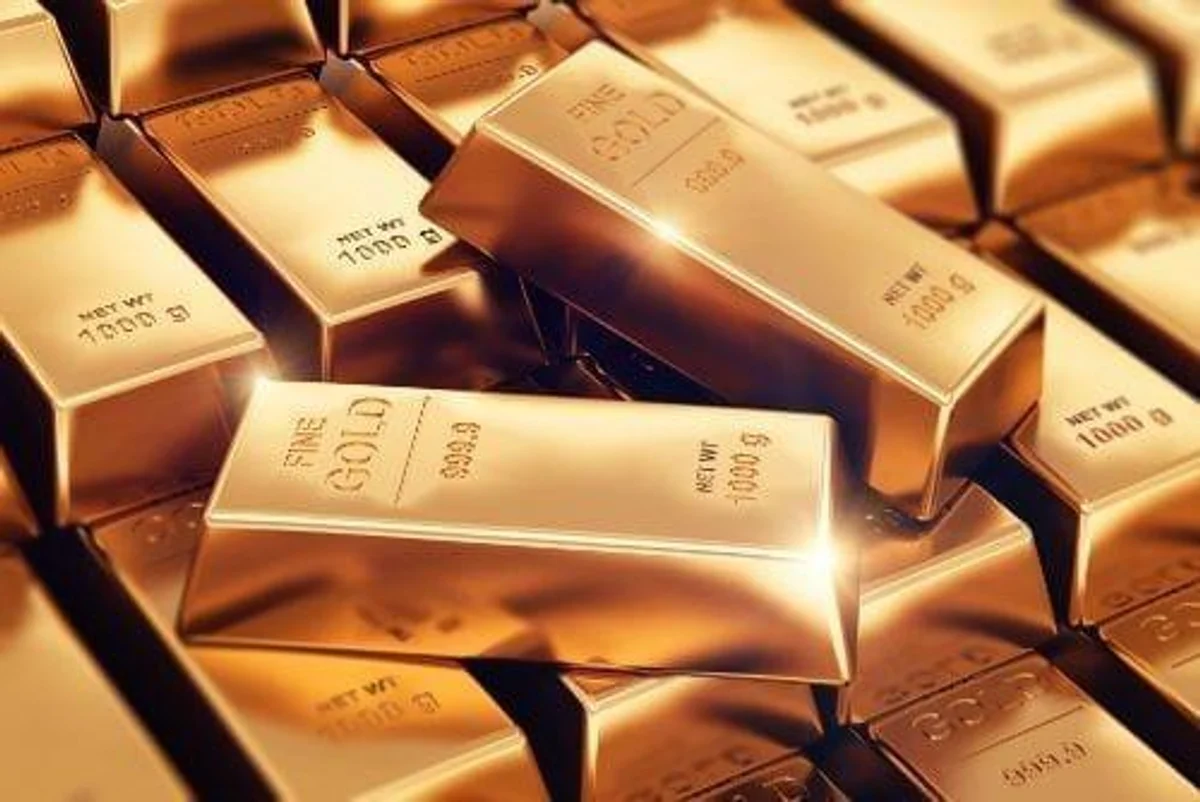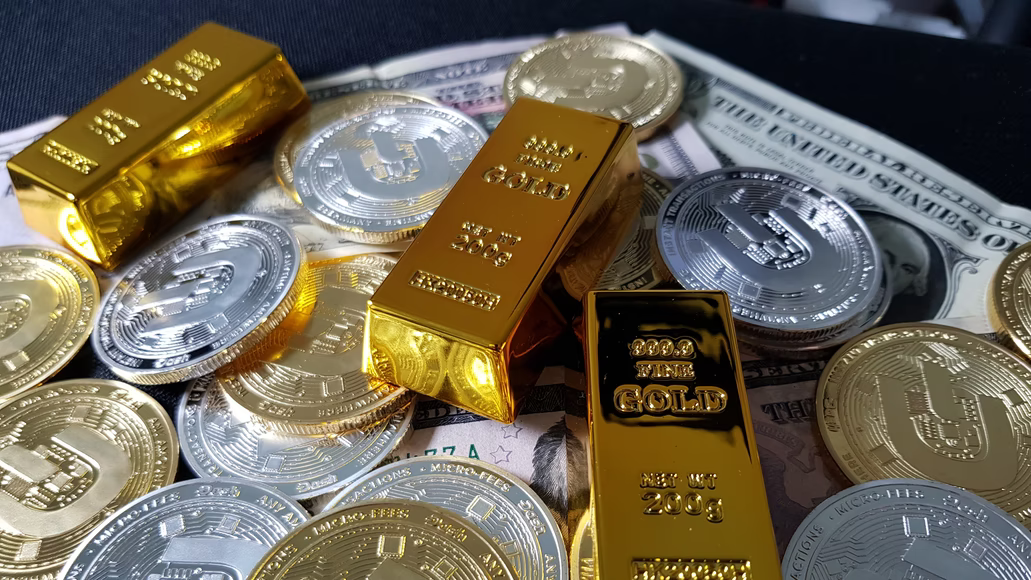What To Consider When You Buy Precious Metals
One of the benefits of owning precious metals is that they are not subject to anybody else’s responsibilities. The purchase of genuine precious metals (coins and bars), digital gold, and physically-backed exchange-traded securities (ETS) is widely used to achieve this purpose.
Gold certificates and futures contracts, in contrast to these real-gold investments, aren’t always backed by genuine gold, don’t transfer ownership of the metal, and can’t be converted into real gold. By default, investors in paper gold are likely to be considered unsecured creditors by the courts.
The purchase of precious metals in the form of actual metals, such as gold or silver, which give a tangible asset and can be redeemed for the underlying metal, should only be considered in the most extraordinary of situations. Choosing the top gold ira company is essential there.

First, which metals have been assigned, and which ones haven’t?
Unallocated vs allocated precious metals have a number of important consequences that should not be ignored. Allocated precious metals investments provide investors with the highest degree of security. They are distinct, free of encumbrances, and confer ownership of the property to the person who has them. Allocated precious metals cannot be lent or leased to a third party. When the holder’s ownership title isn’t safeguarded, unallocated precious metals become risky for the counterparty to deal with. Even in the situation of unallocated metal, it may be possible for gold investment vehicles to pay out claims that are more than the actual amount of metal held by the investors. In the event of an issuer’s bankruptcy or insolvency, investors may find themselves in the position of becoming unsecured creditors.
Is the price of spot metals higher than the price of other metals?
To acquire precious metals in coins or bars, buyers are frequently required to pay between 2% and 8% more than market value. When gold was priced at about $1,898 an ounce, sovereign one ounce gold coins sold for premiums ranging from 5% to 10%, according to the World Gold Council, variables including rarity, purity, amount sold, and dealer inventory all had an effect on the premiums.
To cover expenses (trading, storage, insurance, trustee monitoring, and shareholder reporting) and produce a profit for the fund’s management team, exchange-traded funds (ETFs) often acquire and sell metals at prices that are extremely near to the spot price. Even if the metals they hold are trading at a discount to the spot price, closed-end funds may still be a viable investment option for investors since they provide a way for them to redeem their shares for real metal.
My valuable metals are stored in a vault somewhere
In order to safeguard against risk, it is best to avoid holding gold with a problematic counterparty whenever it is feasible. A considerable number of reputable storage facilities provide storage that is protected by an insurance policy. Most precious metals exchange-traded funds (ETFs) use bullion banks like HSBC or JP Morgan to store their gold. Financial institutions of all sizes may fall victim to market fluctuations, as the 2008 crisis demonstrated. When bullion banks have the authority to use sub-custodians to keep assets, this creates an extra layer of risk that cannot be quantified.

Please tell me when my precious metals will be ready for me to collect.
When it comes to receiving physical delivery, investing directly in coins or bars is the fastest and easiest option. However, there are disadvantages, such as markups and the time involved in making the trip to a dealer and then choosing a storage location for the metal, such as a safety deposit box.
What is my investment’s ability to be withdrawn at any time?
Precious metals are a popular long-term investment, but there is always the possibility that investors may have to sell their precious metal holdings in the near future due to unanticipated circumstances. Selling coins and bars may be a lengthy process. On the other hand, ETFs and closed-end funds may be bought and sold at any time throughout the trading day on a stock exchange (such as the New York Stock Exchange or the Toronto Stock Exchange).
Are precious metals subject to a different tax system?
Precious metals are classified by the Internal Revenue Service (IRS) as collectibles, along with fine art, rare literature, and fine wine, by investors in the US. Capital gains on collectibles are taxed at a 28 percent rate for precious metals investments held for more than a year.
